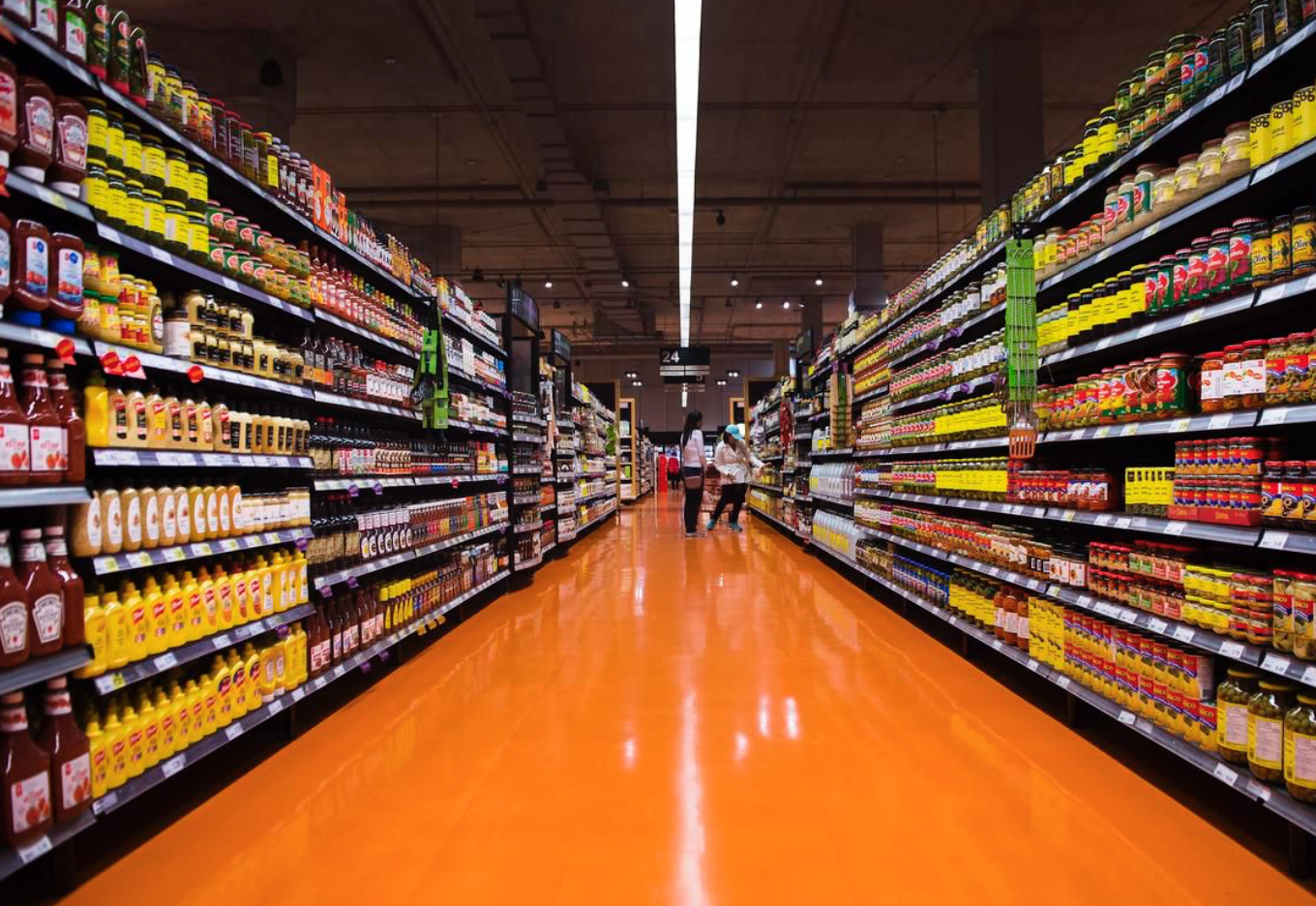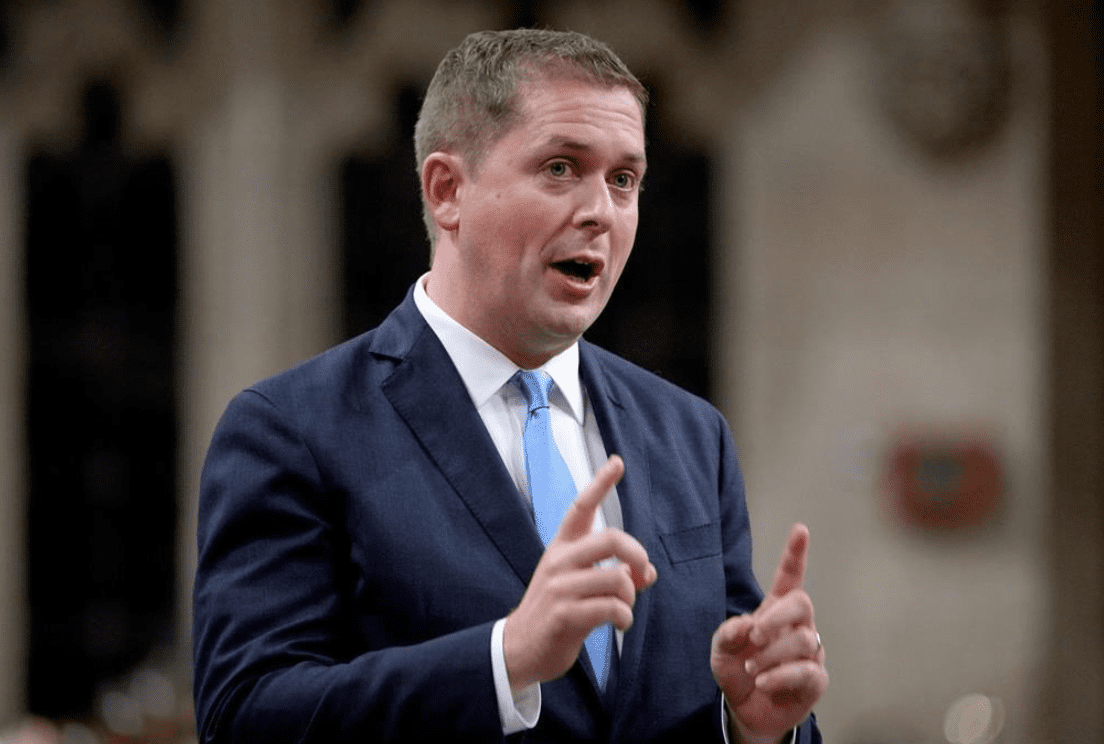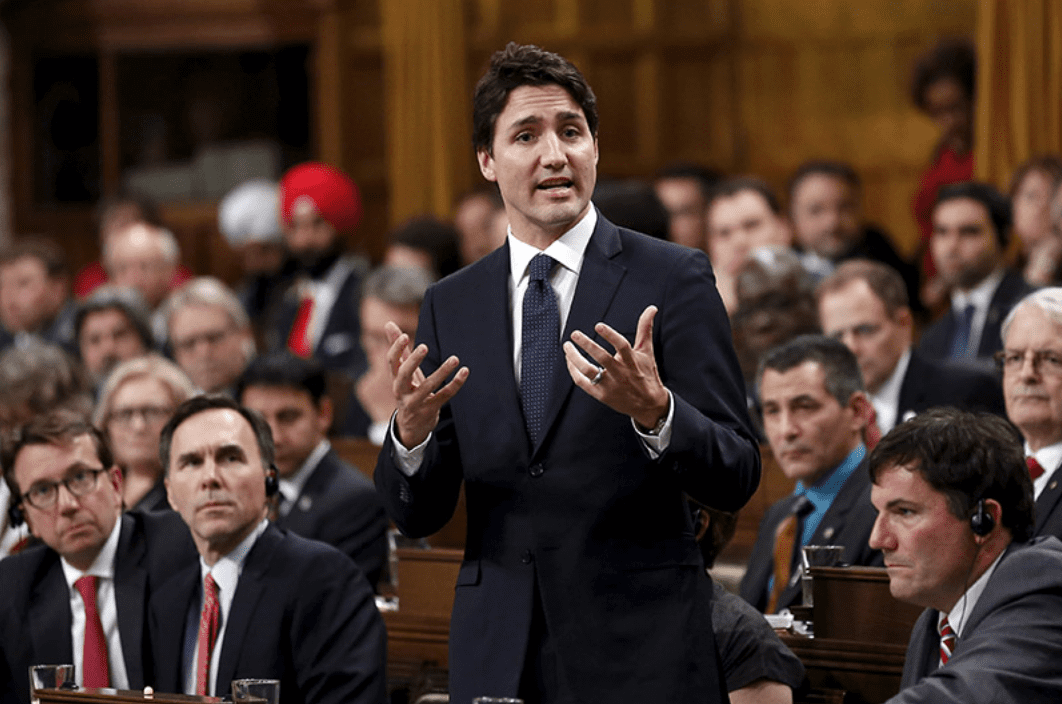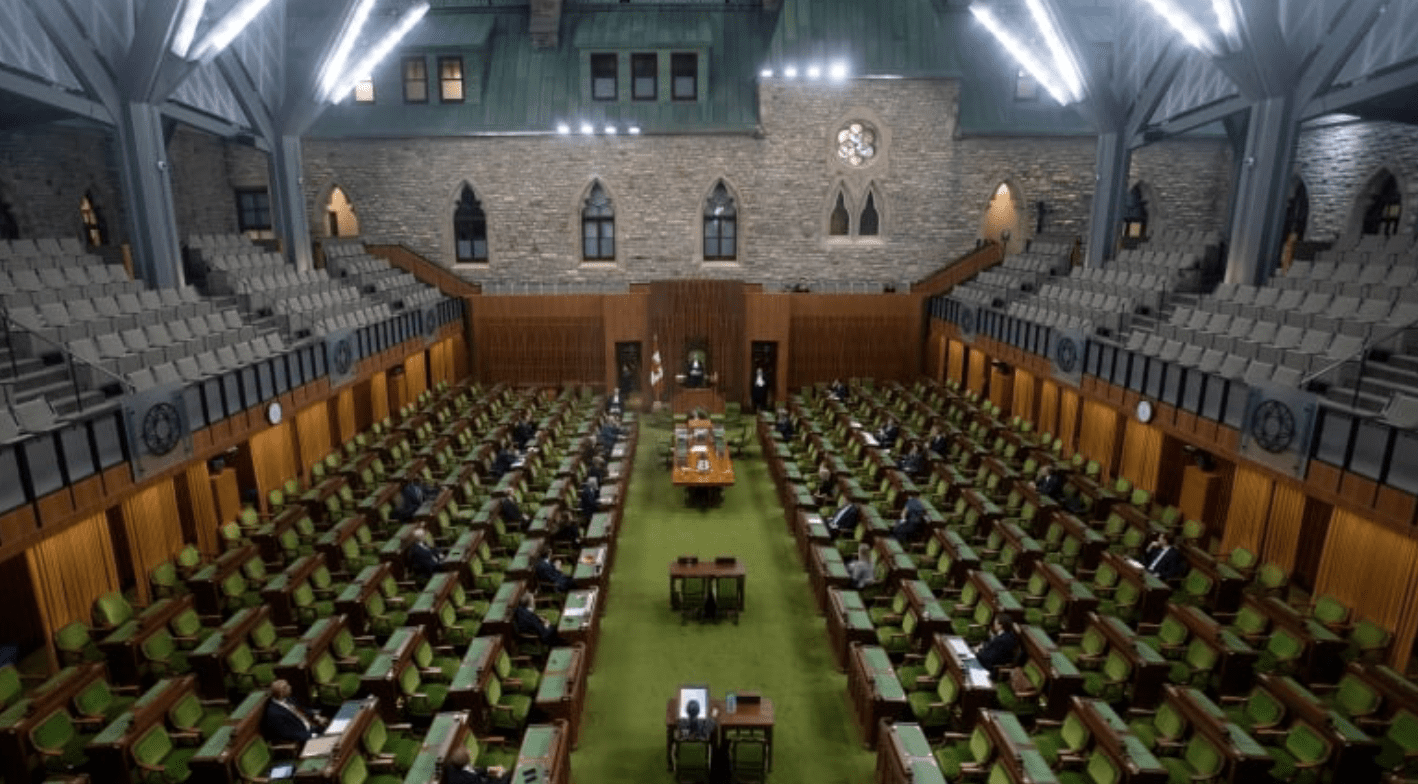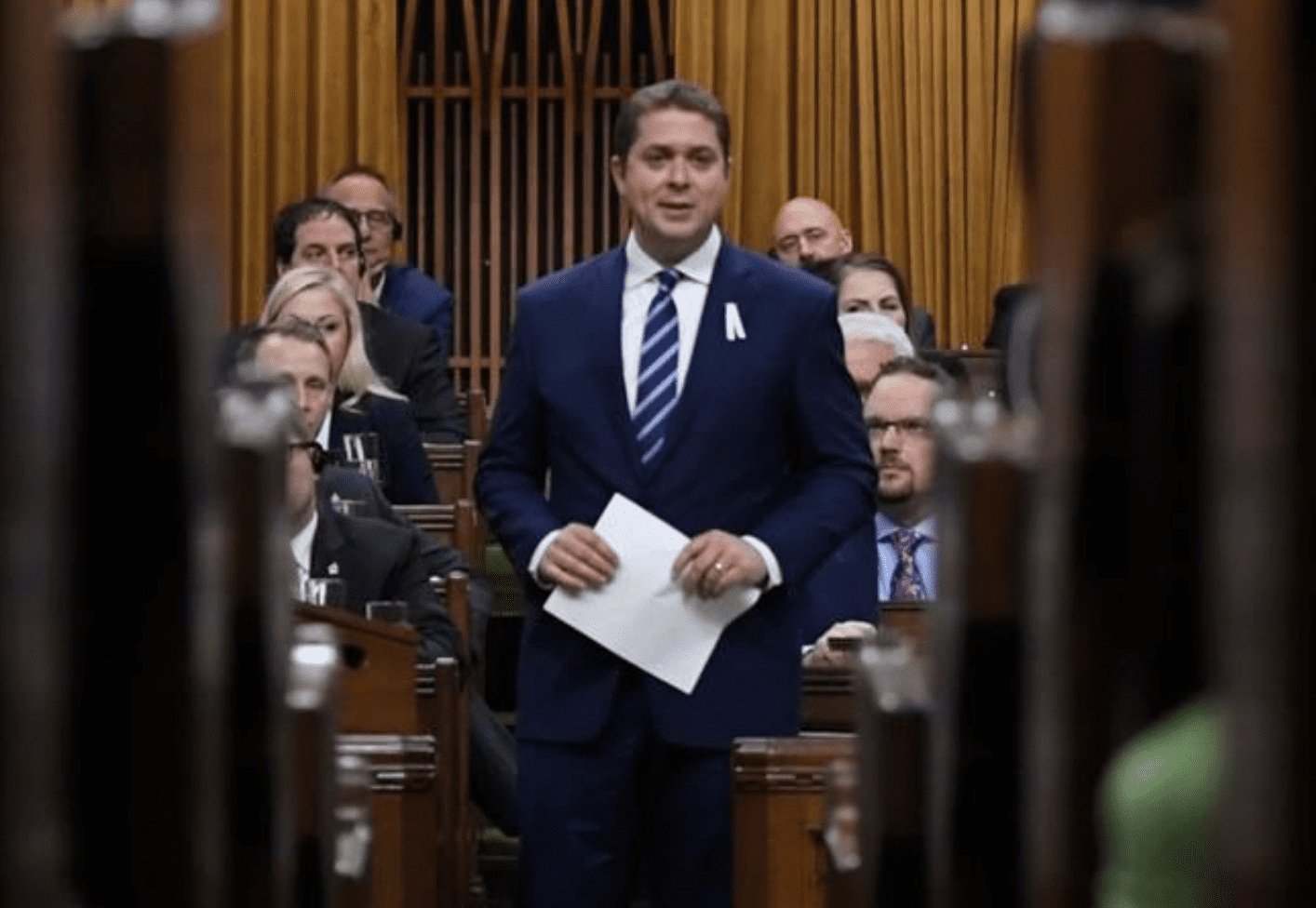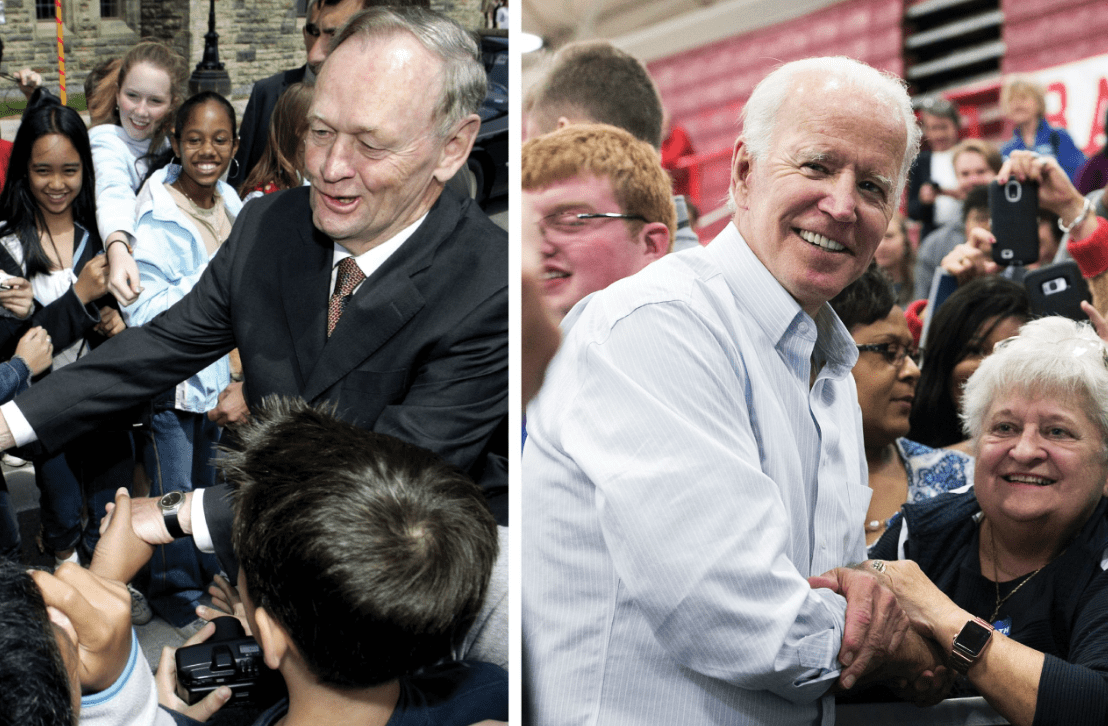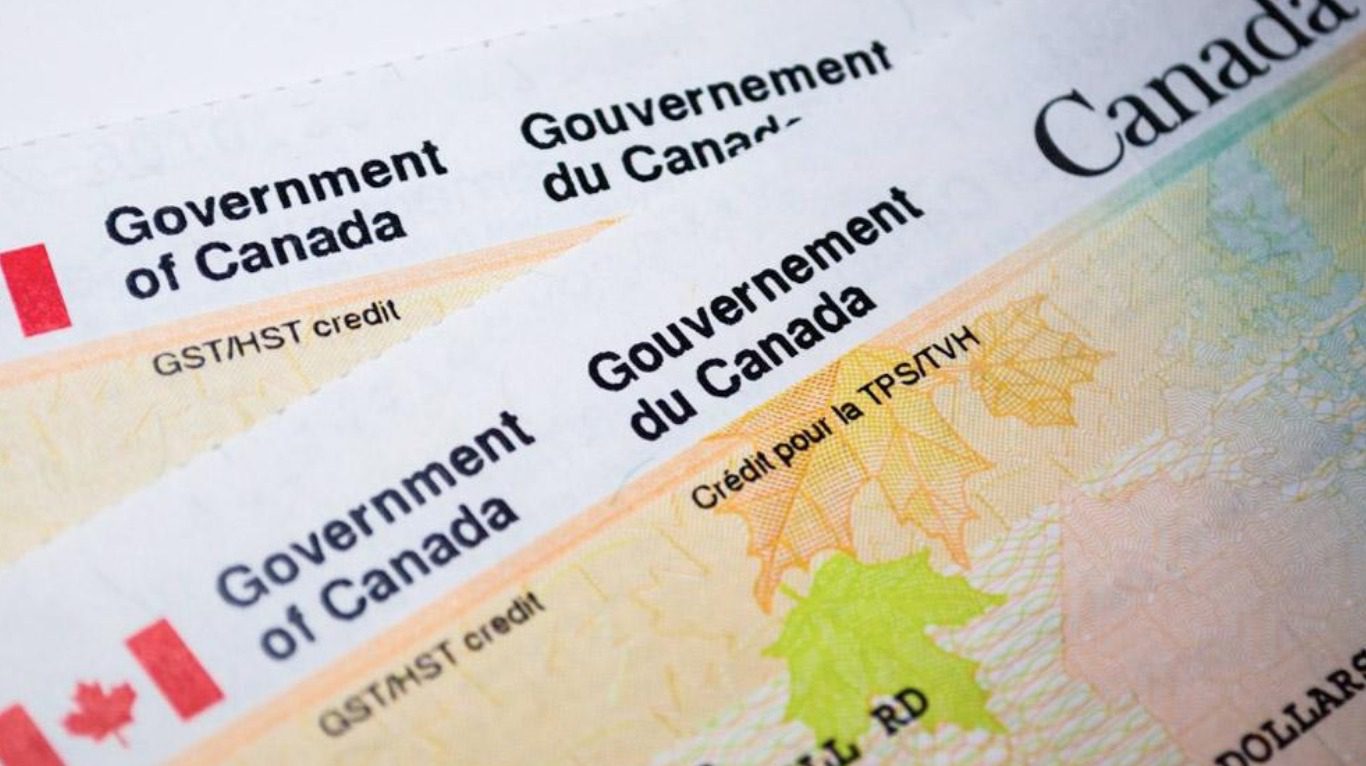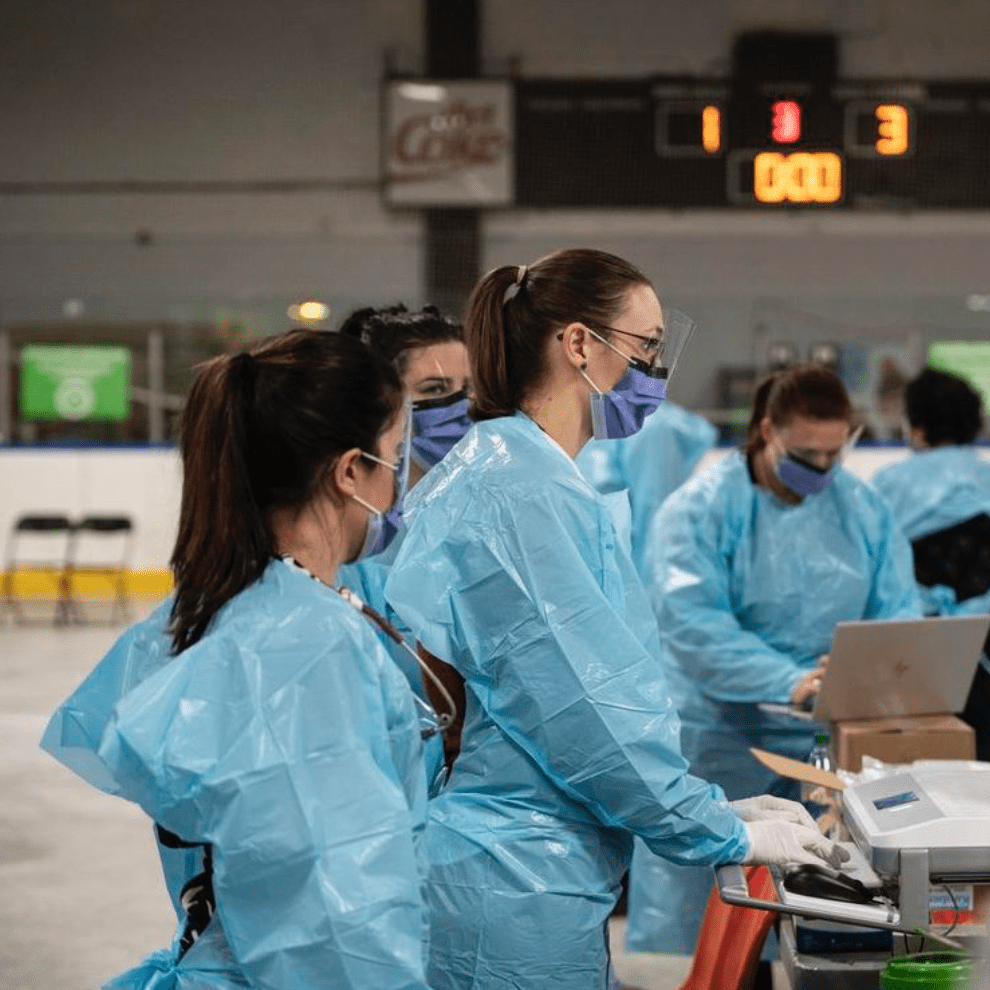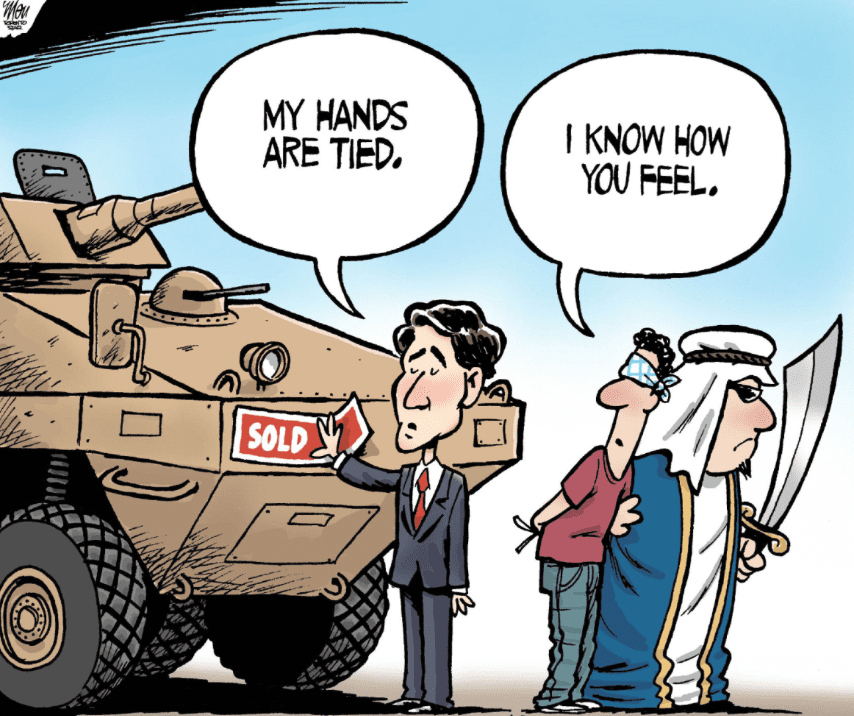Take a breath, everyone, before plowing yet more taxpayer dollars into the oil and gas industry.
The federal and provincial governments have built elaborate scaffolding to keep the ailing energy sector on its feet. The federal government bought the TransMountain Pipeline and the provincial government invested in the Keystone pipeline.
In light of the double whammy of COVID-19 and plummeting oil prices both governments put money into cleaning up orphaned oil wells.
Ottawa has promised $750 million to cut methane emissions and expanded credit lines for some small-and-medium-sized oil companies through Economic Development Canada and the Business Development Bank of Canada.
Alberta earlier temporarily waived fees companies pay to the Alberta Energy Regulator, amounting to an estimated $113 million.
But all that is not enough, says Alberta Premier Jason Kenney and the oil patch executives in Calgary's wobbling glass towers.
As international oil prices slid into unheard of negative territory over last weekend Kenney was already tweeting about the urgent need for "significantly more action".
He has suggested the federal government should offer more credit backstop for the industry, somewhere in the range of $15 billion to $30 billion.
Some industry executives are proposing the federal government take preferred equity stakes in oil and gas companies, according to the Financial Post.
CPC Leader Andrew Scheer said the federal government should use broader financial tools to help the sector, without specifying which tools he has in mind.
The underlying argument for propping up private sector oil and gas companies is the familiar "too big to fail" position.
Kenney argues hundreds of thousands of jobs are at stake in an industry that has paid more than $350 billion into government coffers.
"We simply cannot afford to see that industry permanently impaired," he proclaimed at a press conference this week.
But are government coffers up to saving Alberta's energy companies? Strained to the limit by the ongoing emergency programs to mitigate the economic and healthcare crisis of COVID-19, is this the most urgent priority for public dollars?
On Wednesday the futures market price for oil recovered slightly. And there seems to be some acknowledgement from OPEC and Russia that faster and more production curbs are necessary.
So despite the heightened shrillness of the call for an energy industry bail out, it would be prudent to see where prices trend over a longer period before government takes any more expensive action.
And should it take action that directly favours specific companies or groups of companies in the market? Picking winners and losers is a mug's game for any government.
Keeping the lions away from the weak members of the oil and gas herd is just not the responsibility of taxpayers.
The global economic slowdown is affecting just about all sectors of the economy. Retail, manufacturing, hospitality and the arts are all in drastic straits.
There is lots of precedent for government wading into helping the private sector. Kenney cites the whack of dough the feds gave General Motors in 2009 as an example. It's a pretty flawed example, given that General Motors has shrunk its Canadian presence drastically over the intervening decade.
Governments have also invested directly in oil and gas companies in this country. Progressive Conservative Premier Peter Lougheed created the Alberta Energy Corporation in the early 1970s to kickstart exploration and development in the province. Faced with artificial oil shortages in the same decade the federal government took a major ownership position with PetroCanada.
But investing tax dollars directly into the business of exploration and production in a sector which is clearly in its declining decades could be a huge political and fiscal liability.
Some companies will certainly go under because of the current upheaval. But the underlying resource the industry is built on will still be there, and it is owned by the people of Alberta. If oil and gas are still in demand when the dust settles, new players will arise.
Ultimately Jason Kenney, who cut his conservative teeth on a position with the Canadian Taxpayers Federation, needs to adhere to the precept that government should be staying out of the private sectors' purview.
Photo Credit: The Canadian Press





